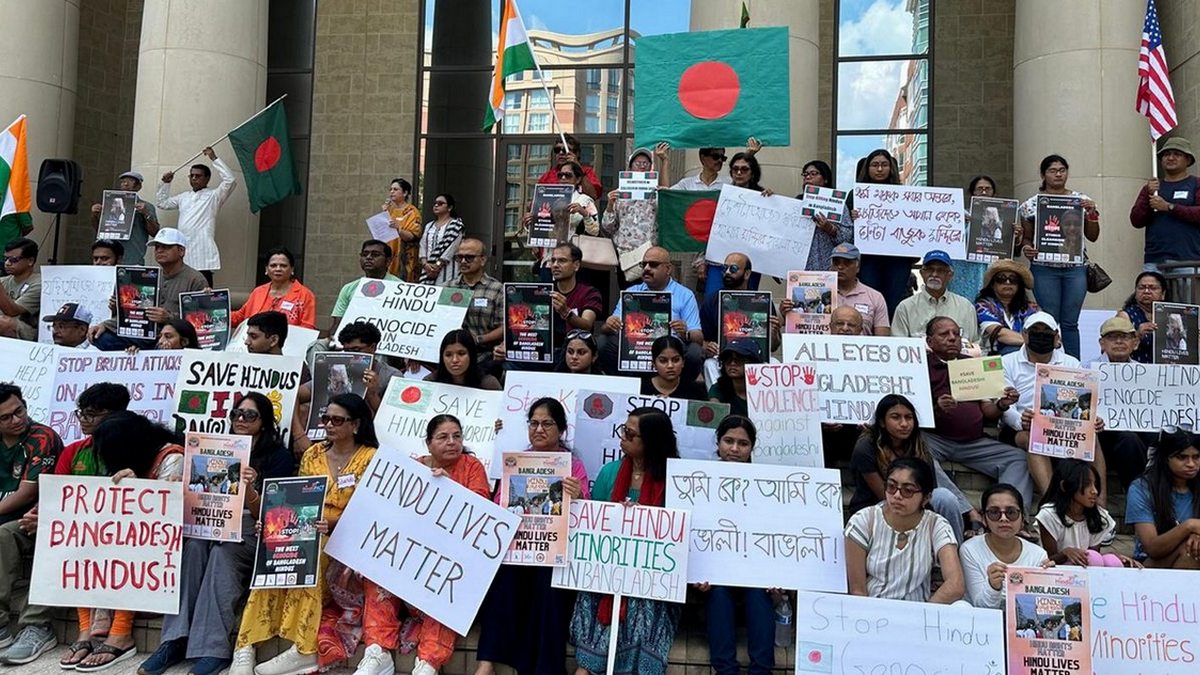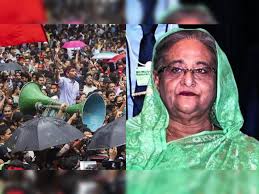Islamabad: Is there going to be a coup in Pakistan too like Bangladesh? Why have thousands of protesters taken to the streets against the government of Prime Minister Shahbaz Sharif? Everyone has posters, banners, pamphlets and flags in their hands. The protesters are roaming on the streets and shouting slogans against the government. A massive round of strikes and protests has also begun here. Thousands of people are taking to the streets and creating a ruckus. This has already made the Pakistan government breathless. Pakistan fears that this movement may also turn into violence and riots like Bangladesh, from where there is a threat of a coup.
Traders went on strike on Wednesday in protest against the increase in electricity rates and the new taxes imposed on shopkeepers in Pakistan. They closed their businesses in major cities and urban areas here. After Pakistan signed an agreement with the International Monetary Fund (IMF) for a new loan of seven billion US dollars last month, Prime Minister Shahbaz Sharif’s government has continuously increased electricity rates. These rising rates have caused massive discontent.
Common people took to the streets due to the increase in electricity bills
Common Pakistanis are fed up with the continuously increasing electricity prices and are now protesting. Today, most of the markets remained closed across Pakistan, although medicine shops and grocery shops remained open. Kashif Chaudhary, a leader of the strike, said that these shops were not closed so that the general public does not face inconvenience. Shops remained closed in Pakistan’s capital Islamabad, nearby city Rawalpindi, the country’s cultural capital Lahore and the main economic center Karachi. The strike was called by Naeem-ur-Rehman, head of the religious Jamaat-e-Islami Pakistan party, and most of the trader organizations supported it.
)
Pakistan’s condition is bad
Traders in northwestern Khyber Pakhtunkhwa and southwestern Balochistan provinces went on a partial strike, where some shops remained open. The strike is aimed at pressuring the government to roll back recent hikes in electricity bills and a controversial tax imposed following talks with the IMF. The agreement reached in July was the latest attempt by Pakistan to support its economy and tackle its debts through financial assistance from the global lender. Earlier this year, the IMF approved an immediate loan of $1.1 billion for Pakistan.




